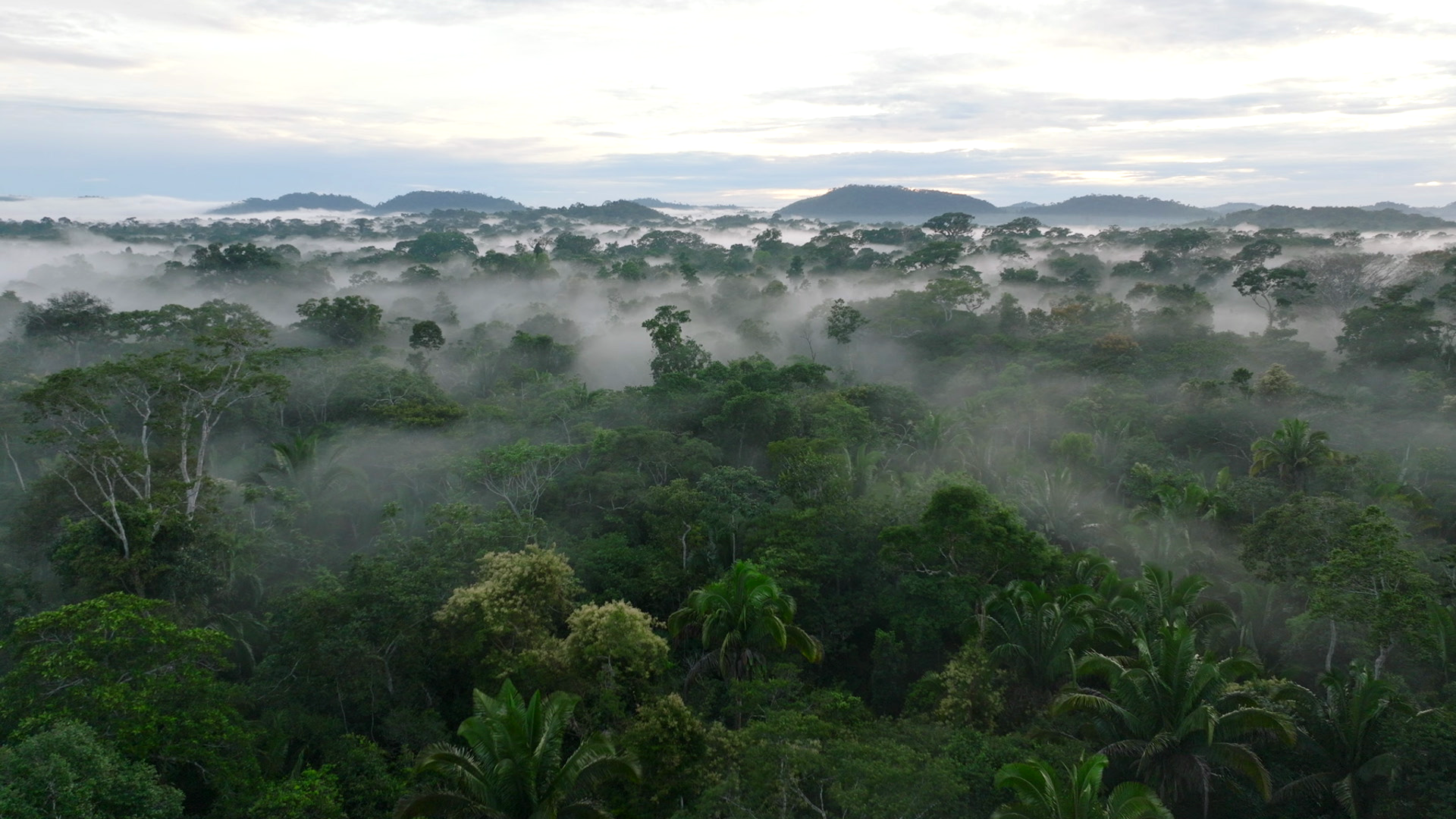Together for Forests
REDD+ Project
Healthy Forests, Thriving Communities
The Project
The project will protect over 260,000 hectares of tropical forest in the Amazon basin that is significantly threatened by deforestation. The tropical amazon forests in this region are a globally recognized biodiversity hotspot which provide critical habitat to numerous rare and endangered species. Deforestation in this region has been extremely high due to migration associated with the development of the Inter-oceanic Highway, and the expansion of illegal mining, illegal logging and agriculture.
This project is owned and led by small forest concession holders and small-scale forest owners in Madre de Dios, Peru. These forest owners depend on this forest for their livelihoods, and thus, have committed to protect this critically important carbon sink that is rich in biodiversity.
 Peru
Peru
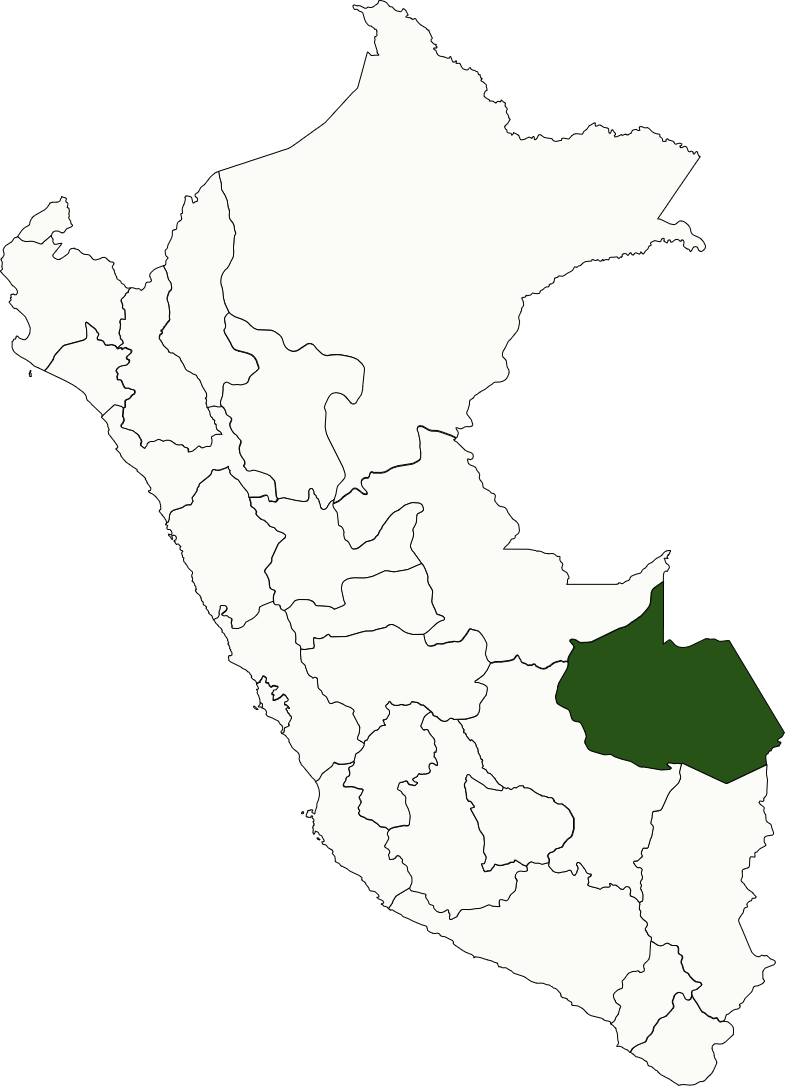
Standard
VERRA VCS
Protocol
VM0048
Credits
VCUs
Start Year
2024
Volumes expected
1Q 2026
REDD+ Activities
The Project will reduce deforestation by strengthening the governance and coordination of the cooperative through enhanced project management, implementation of a monitoring system, improvement of forest management and the development of agroforestry activities on agricultural land.

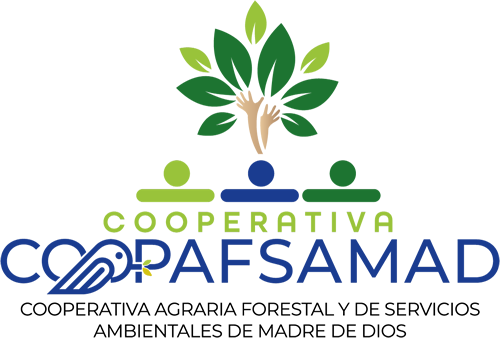

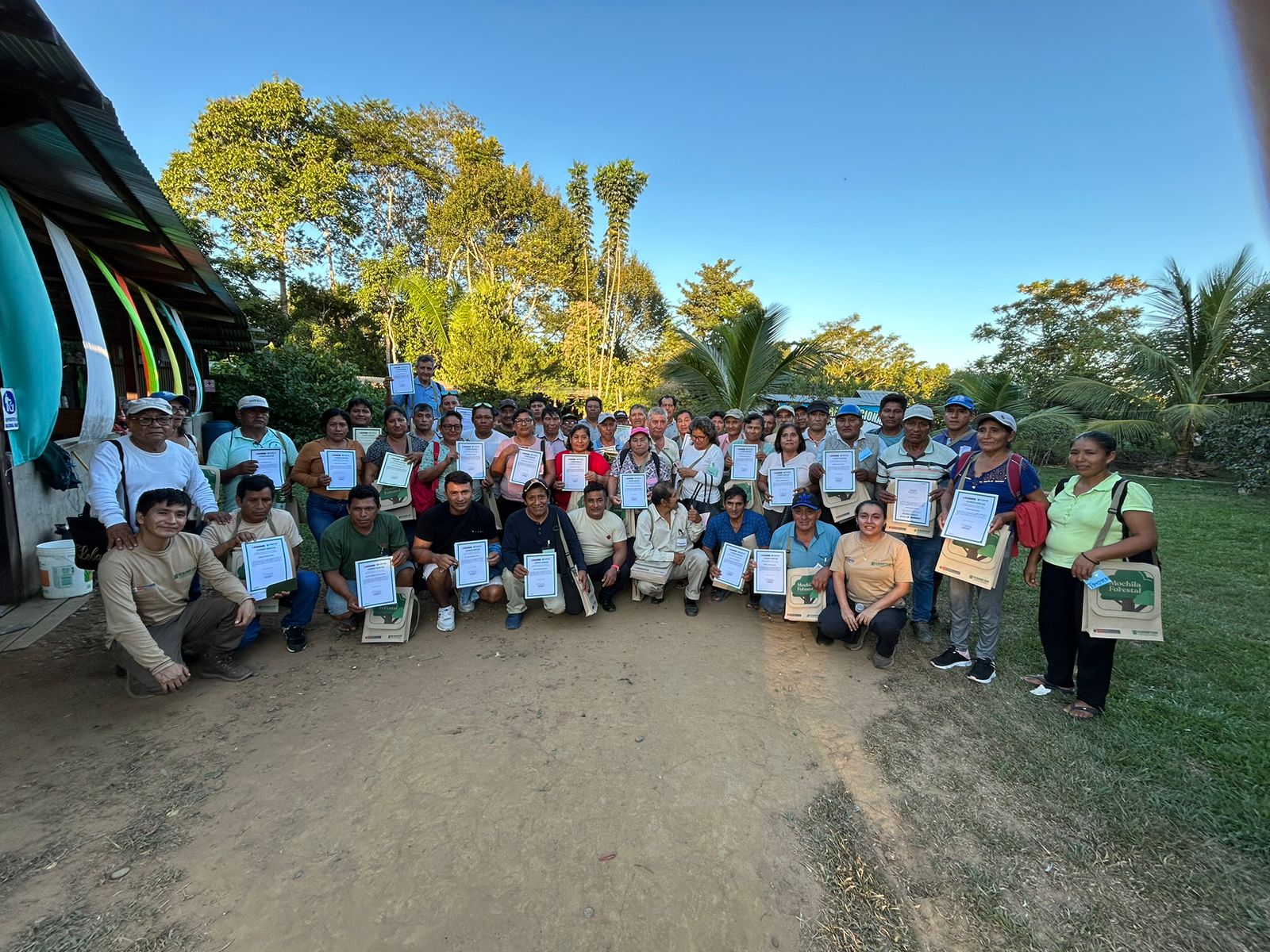
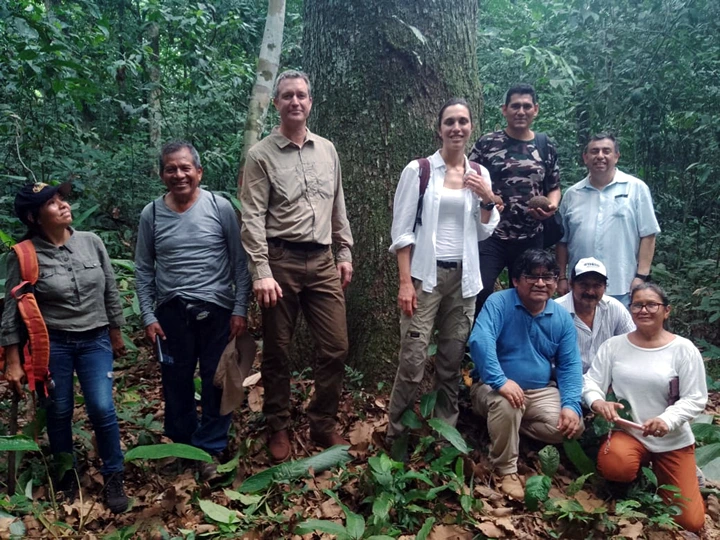

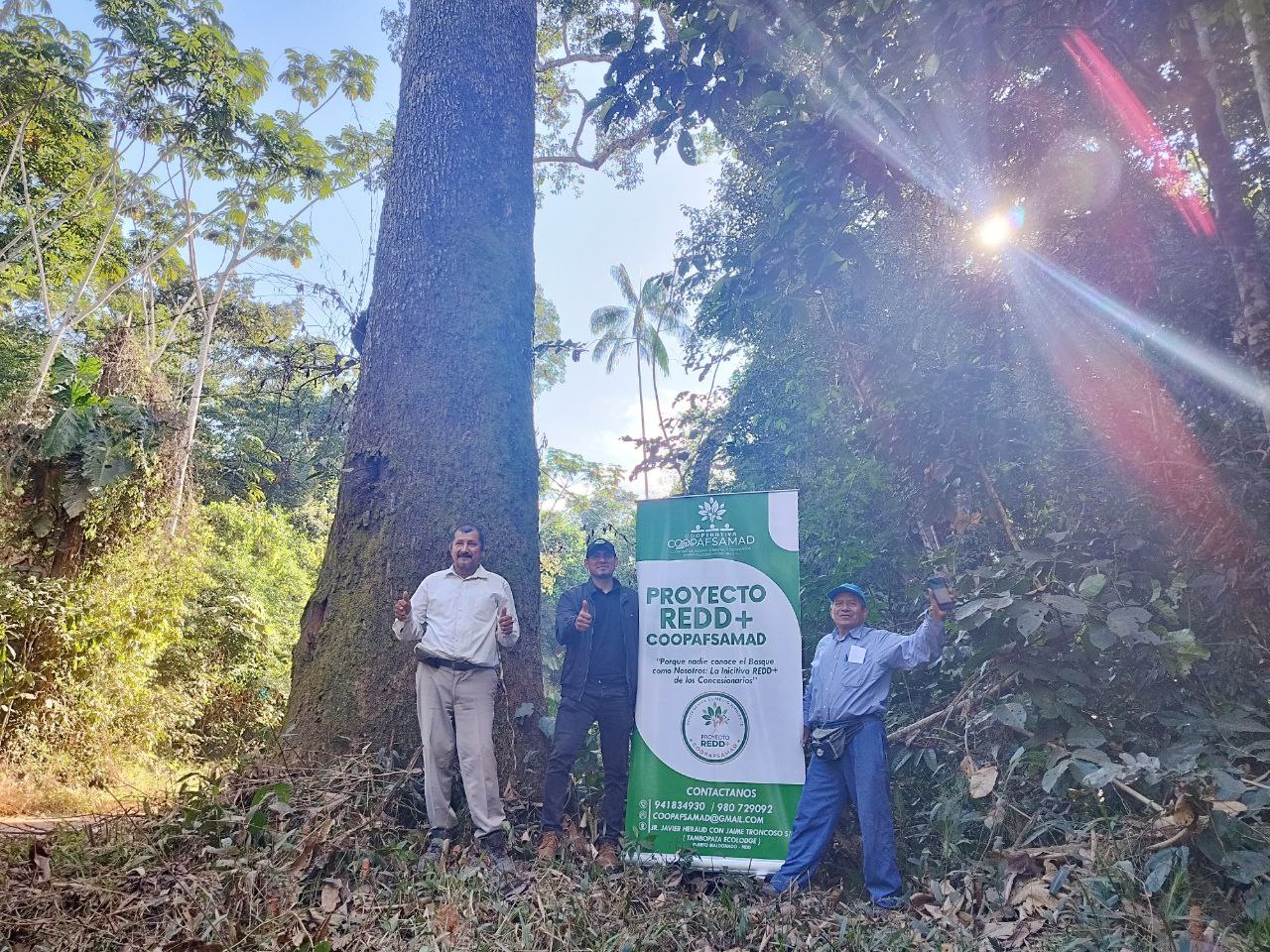
Project benefits
FOREST
REDD+ project activities include engaging local communities to participate in enhanced protection and management of forest concessions.
The activities will reduce deforestation and forest degradation in biodiversity-rich Amazon forests.

Concession holders will work to protect forest concessions across the region.

Safeguards
The project will apply VERRA CCBA. In addition, the project is led by forest owners that will participate in the consultations, project activities and benefit sharing.
This project will result in direct livelihood benefits for the participating landowners.
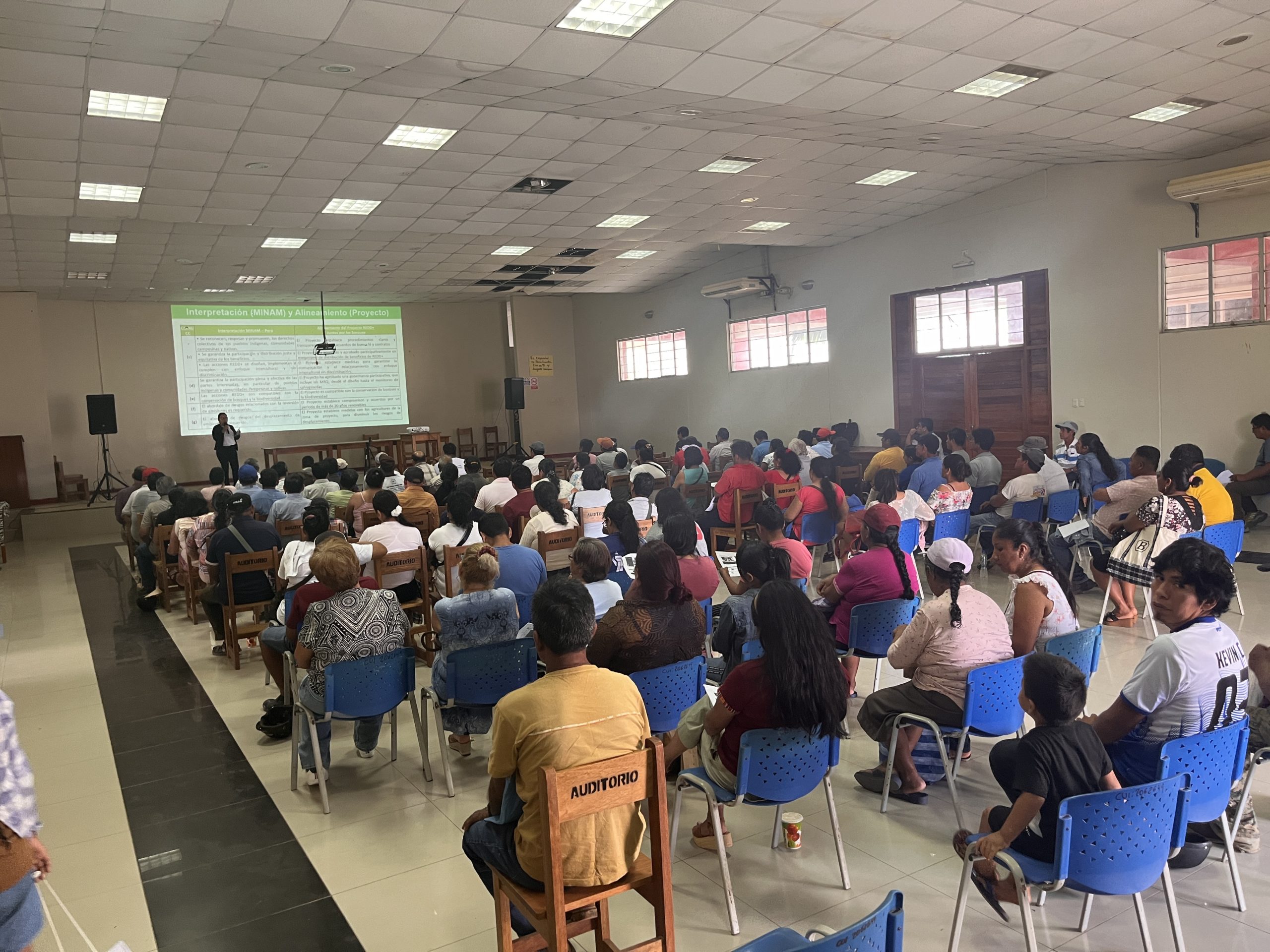
Enhancing the institutional capacity of the cooperative is a key priority.

Relevant stakeholders can access benefits and will be incentivized to reduce deforestation
Biodiversity
Project activities will help protect and enhance this biodiversity of the important and threatened forest ecosystems in Peru.
This area hosts important species like the jaguar, cayman and many endangered species.
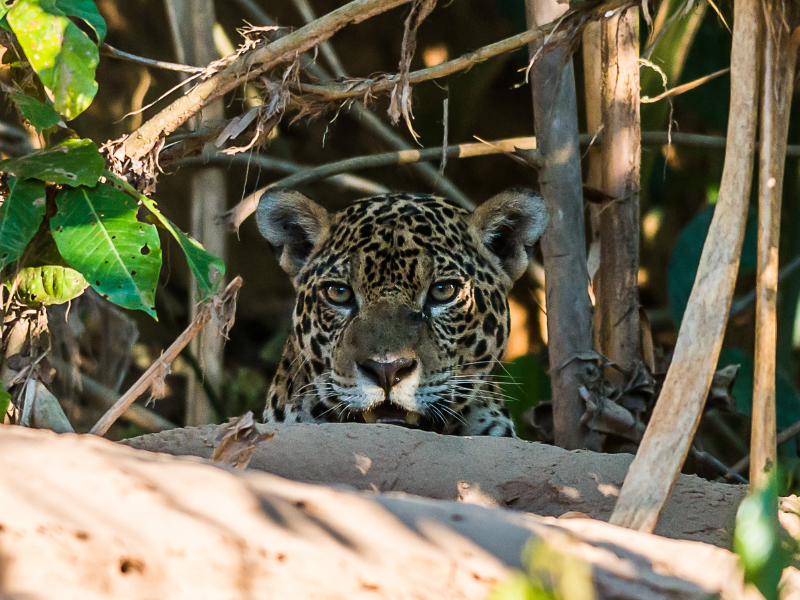
Activities include forest protection, as well as restoration of degraded agricultural land.

Biodiversity is a key benefit from the project activities
Madre de Dios
Peru’s biodiversity capital
The Madre de Dios region, located in the southeastern Amazon Basin of Peru, is renowned as the country’s “biodiversity capital.” This vast area, covering approximately 21 million acres, is one of the most biologically diverse places on Earth. Its dense rainforests are home to an incredible array of wildlife, including the world’s greatest concentration of bird species, as well as jaguars, tapirs, and other iconic Amazonian mammals. The region also supports nearly 190,000 people, including 37 Indigenous communities, some of whom live in voluntary isolation, maintaining their traditional ways of life.
Despite its ecological richness, Madre de Dios faces significant threats from illegal mining, logging, and agricultural expansion. These activities not only endanger the unique biodiversity but also disrupt the lives of local communities. In response to these challenges, the Cooperative of Forest Owners of Madre de Dios (COOPAFSAMAD) plays a crucial role in promoting the protection and sustainable use of the region’s forests.
COOPAFSAMAD’s work
COOPAFSAMAD is a cooperative organization comprised of landowners dedicated to sustainable forest management. By uniting forest owners, the cooperative fosters collaboration and empowers local communities to take an active role in conservation efforts. Members of COOPAFSAMAD work to implement responsible forestry practices that balance economic development with environmental stewardship.
The cooperative’s initiatives include promoting sustainable timber harvesting, reforestation projects, and the cultivation of non-timber forest products. These efforts help preserve the ecological integrity of the forests while providing economic opportunities for local communities. By supporting sustainable livelihoods, COOPAFSAMAD reduces the pressure on forests from destructive activities and contributes to the long-term conservation of Madre de Dios.
The work is also vital for maintaining the region’s role as a carbon sink, which is essential for global climate regulation. The cooperative’s commitment to sustainable practices aligns with broader conservation goals, ensuring that the forests of Madre de Dios continue to thrive for future generations.
About Silvania
Since being established in 2023, Silvania has been building a diversified portfolio across critical eco-systems at scale. Investments have already been made across the key biomes and areas of vulnerable biodiversity, with significant deployment of capital to conserve an area of 29 million hectares to date and a strong pipeline of new projects is in development.
Our goal is to invest in the power of nature to mitigate climate change while delivering significant biodiversity and social benefits and in support of the delivery of the Paris Agreement goals and the UN 30×30 Initiative.
